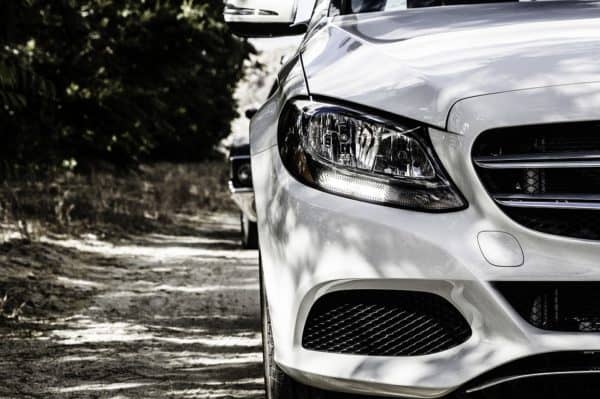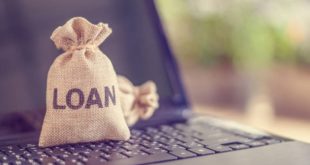
Buying a used car is a great choice for buyers who do not intend to invest a lot in automobiles. It is also a great option keeping in mind the increasing demand and market of used cars. But before making a decision about which used car to buy, a buyer should and must check a lot of things.
There are a lot of sources that enable a buyer to check out second-hand cars. An interested buyer can look online, contact used car dealerships, track advertisements in newspapers and visit car auctions. While buying a used car from the dealer could be slightly more expensive than a private individual seller, the selective warranty and legal protection that the dealership offers makes up for it.
The buyer must always set a budget for themselves and that includes related expenditures like insurance, loan, etc. Places like title loans Ohio can be a good source to budget your car expense. When he looks at problems, he must do a full check on the second-hand car. A few parameters that have to be checked peripherally could be:
- Full documentation of the Car
- The Service history and the General condition of the Car
- Engine number and the Vehicle Identification number so that it can be cross-referenced with the state databases for being clear of any misappropriation
- If the Car is cleared of Loan/Finance
- Reminder of accidents or Odometer tampering
It is essential for the buyer to check the car in the day so that he is well informed of the car’s exterior condition. It is also advisable that the interiors of the car also be thoroughly checked by the buyer to his satisfaction. Some of the things that could be on the checklist can be:
- Condition of the windows and doors
- Proper functioning of the lights, horn and wipers
- Proper functioning of the car alarm, music player, air conditioner
- Proper functioning of the seat and the seat belts
- Condition of the tyres and the presence of a toolbox and a spare tyre
Before buying a used car, it is always best to take the car for test drive tentatively for about 20 minutes or a 10-kilometre drive. It helps the buyer understand how the car is running. Whilst in the car, these following things have to be checked:
- Always check for the car insurance
- Check for noises, uncharacteristic smoke or liquid discharge
- Condition of the steering wheel
- Proper functioning of the brakes and the emergency brakes
- Condition of the gearbox and the clutch
The buyer is advised to note down all the faults that he may have found in his scrutiny of the car and then negotiate the price with the seller. In the case of buying a second-hand car from a private seller, it is always better to visit the seller’s home so that the car’s registration address can be verified. Ensure that you carry home all the documentation concerning the car when you buy it. Never make a deal without making sure that all the paperwork is in order!
 Gearfuse Technology, Science, Culture & More
Gearfuse Technology, Science, Culture & More


